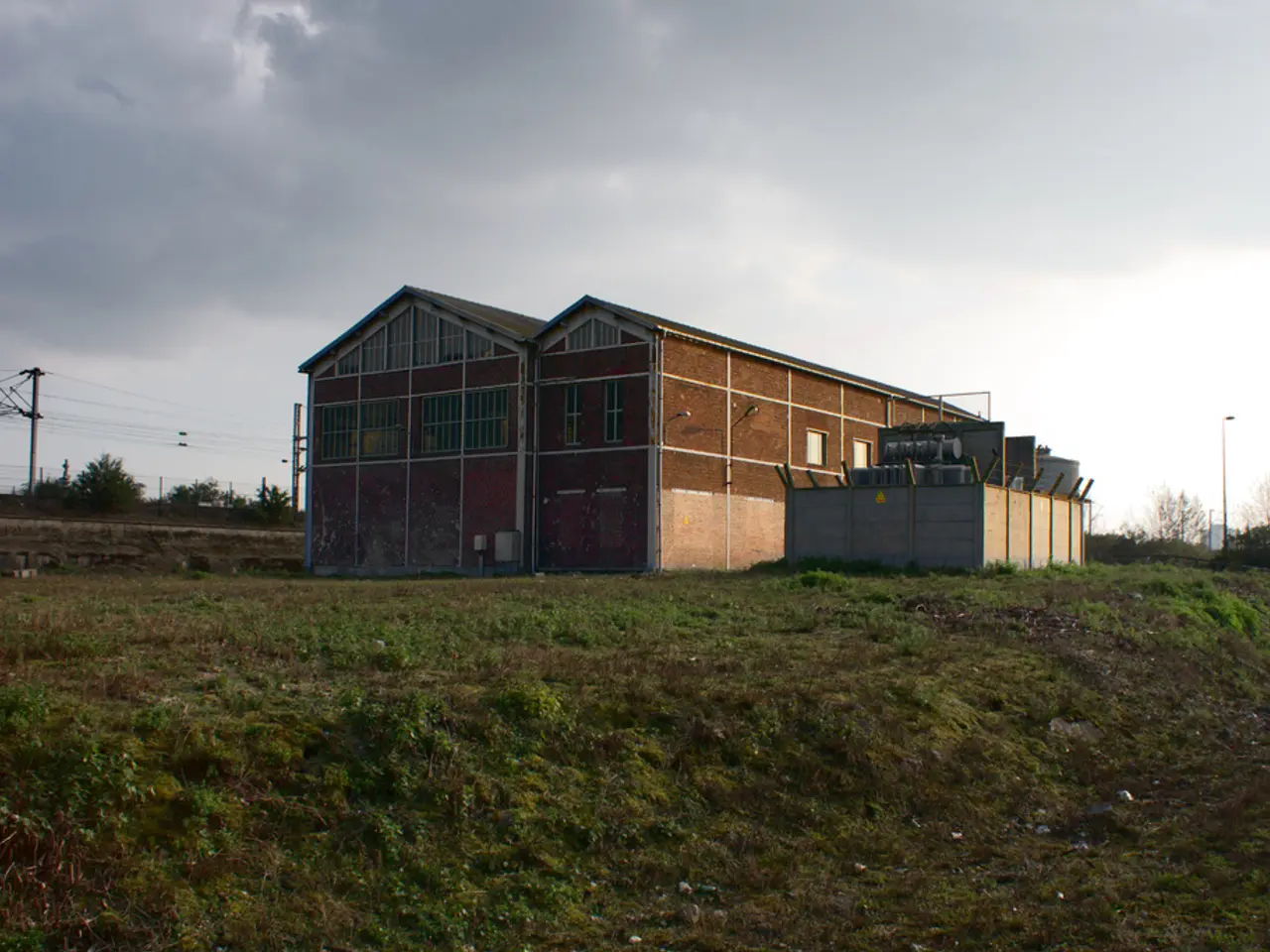Energy Organizationpublishes assessment on electricity pricing strategies
In the heart of Europe, Germany is navigating a significant energy transition, aiming to move away from fossil fuels and towards renewable energy sources. However, this transition is not without challenges, particularly when it comes to affordability and social fairness.
The Labour Chamber, a prominent voice in German labour policy, is advocating for an affordable basic requirement for household electricity, financed in a socially balanced manner. This call comes amidst rising electricity prices, with household bills increasing by over 60% in 2022, leading to significant government intervention to shield vulnerable consumers.
Jörg Caspar, Chairman of the Labour Chamber of Saarland, has highlighted the impact of high electricity prices on individuals, both at home and in the workplace. To address this issue, the Chamber is calling for a reduction in state electricity price components, particularly the electricity tax.
To achieve this, the Chamber proposes an ambitious expansion offensive for renewable energies and a fair funding policy, including stronger support for citizen energy projects. They emphasise the need for a consistently cheaper electricity price compared to fossil fuels to create the right incentives for a climate-friendly switch.
The Chamber also suggests structural reforms, such as the remunicipalisation of electricity grids, to better control network expansion and prevent monopolistic structures. Moreover, they propose the introduction of an excess profit tax to counteract speculative price jumps on the energy market.
The Labour Chamber's analysis, titled "Social Electricity Prices in the Energy Transition - Theses for a Labour-Oriented Electricity Pricing Policy", stresses the importance of keeping electricity affordable for both private households and industry. It presents concrete proposals from a labour-oriented perspective, advocating for a fundamental restructuring of electricity pricing policy.
The Chamber further proposes a competitive industrial electricity price, tied to conditions such as collective bargaining agreements, location loyalty, and concrete plans for climate-neutral transformation. They believe that this approach will safeguard jobs, particularly in sectors vulnerable to energy price shocks and regulatory costs, while ensuring industrial competitiveness.
For more details, you can find the full analysis on the Labour Chamber's website at www.arbeitskammer.de/strompreise. The analysis underscores the social, economic, and climate policy consequences of the current price trend, emphasising the need for a fair and sustainable energy transition in Germany.
- The Labour Chamber is advocating for an affordable basic requirement for household electricity, financed in a socially balanced manner, in response to rising electricity prices and household bills increasing by over 60% in 2022.
- To achieve this affordability, the Chamber proposes an ambitious expansion offensive for renewable energies and a fair funding policy, including stronger support for citizen energy projects, a reduction in state electricity price components, particularly the electricity tax, and structural reforms like the remunicipalisation of electricity grids.
- The Chamber further proposes a competitive industrial electricity price, tied to conditions such as collective bargaining agreements, location loyalty, and concrete plans for climate-neutral transformation, to safeguard jobs and ensure industrial competitiveness.
- The analysis by the Labour Chamber, titled "Social Electricity Prices in the Energy Transition - Theses for a Labour-Oriented Electricity Pricing Policy", stresses the importance of keeping electricity affordable for both private households and industry, and advocates for a fundamental restructuring of electricity pricing policy in the context of the energy transition in Germany.




